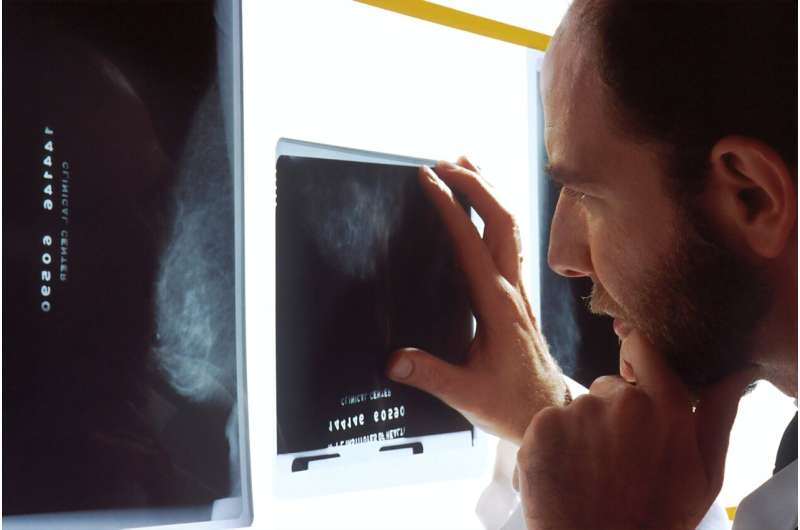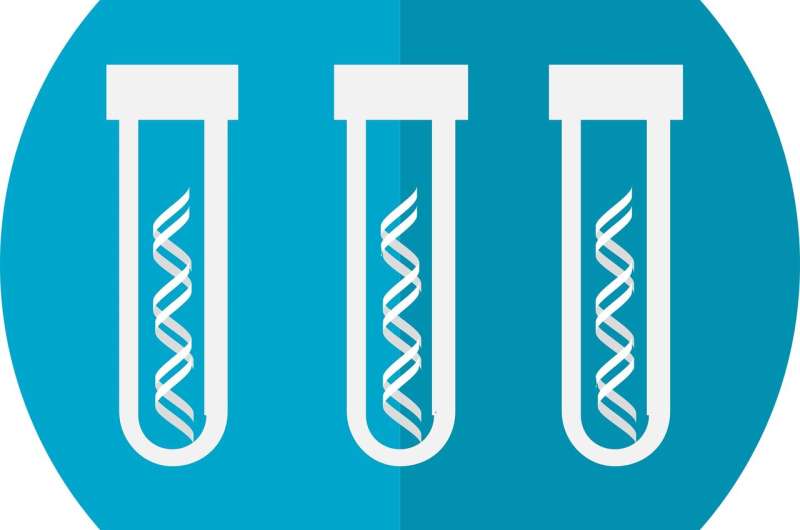Advancements in AI for Early Detection of Interval Breast Cancers

A recent study conducted by researchers at UCLA's Jonsson Comprehensive Cancer Center indicates that artificial intelligence (AI) could be a key tool in enhancing the early detection of interval breast cancers—those that develop between standard screening tests. Detecting these cancers early is critical, as it offers the possibility of initiating treatment before the cancers become more advanced and more difficult to treat, thereby improving patient outcomes.
Published in the Journal of the National Cancer Institute, the study analyzed nearly 185,000 mammogram records from 2010 to 2019, utilizing both digital mammography and 3D mammography (digital breast tomosynthesis). The research focused on 148 cases where women were diagnosed with interval breast cancer—cancers that appeared between screening intervals. Radiologists reviewed these cases to identify reasons for missed detections, which were then categorized using a European classification system including missed reading errors, minimal signs that could have prompted action, occult cancers invisible on mammograms, and true interval cancers.
The researchers employed a commercially available AI software, Transpara, to re-analyze the initial screening mammograms. This AI tool provided a risk score for each mammogram, with scores of 8 or higher indicating potential concern. The AI notably flagged 76% of mammograms that were initially read as normal but were linked to subsequent interval cancers. It also identified about 90% of cases where the cancer was present but overlooked by radiologists, and nearly 70% of occult cancers that were invisible on initial imaging.
While the results are promising, the study also highlighted the limitations of AI, noting that it flagged about 50% of true interval cancers not visible at the time of screening. Researchers emphasize that AI should complement, not replace, radiologists, as it can serve as a second set of eyes to catch subtle signs that might otherwise be missed. Larger prospective studies are necessary to understand how AI integration might influence clinical practice and patient outcomes.
Dr. Tiffany Yu, the lead author, stressed the potential of AI to transform breast cancer screening by reducing missed diagnoses and facilitating earlier treatment. She pointed out that in the U.S., where annual screening with digital breast tomosynthesis is common, AI could help identify cancers at an earlier, more treatable stage—similar to ongoing European efforts that utilize different screening protocols.
In conclusion, this pioneering research underscores the promise of AI in refining breast cancer detection, potentially lowering the incidence of interval cancers by 30% and enhancing early intervention efforts, ultimately saving more lives.
Stay Updated with Mia's Feed
Get the latest health & wellness insights delivered straight to your inbox.
Related Articles
Understanding the Rise of DNA Testing by Australian Health Insurers
Australian health insurers are now providing DNA tests to predict individual responses to medications, raising important questions about data security, ethical use, and future health screening. Learn what you need to know about this emerging trend.
Dementia Diagnosis Delay: Averaging 3.5 Years from Symptom Onset
A new study reveals that dementia is diagnosed approximately 3.5 years after the initial symptoms appear, highlighting the urgent need for improved early detection strategies worldwide.
The Rise of Microdosing Mushrooms: Benefits, Risks, and Growing Poison Control Cases
Microdosing mushrooms is trending for mental health and productivity, but rising poison control calls reveal serious risks, including toxic mushroom poisoning and unregulated products. Learn more about the benefits and dangers.
How Physical Activity Enhances Memory in Alzheimer's Disease
Regular physical activity boosts brain health and memory in Alzheimer's disease by enhancing growth factor signaling pathways. Recent research highlights exercise's potential to slow cognitive decline through molecular mechanisms in the hippocampus.



